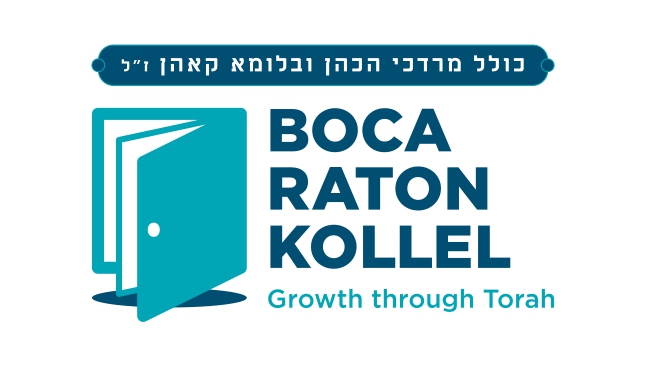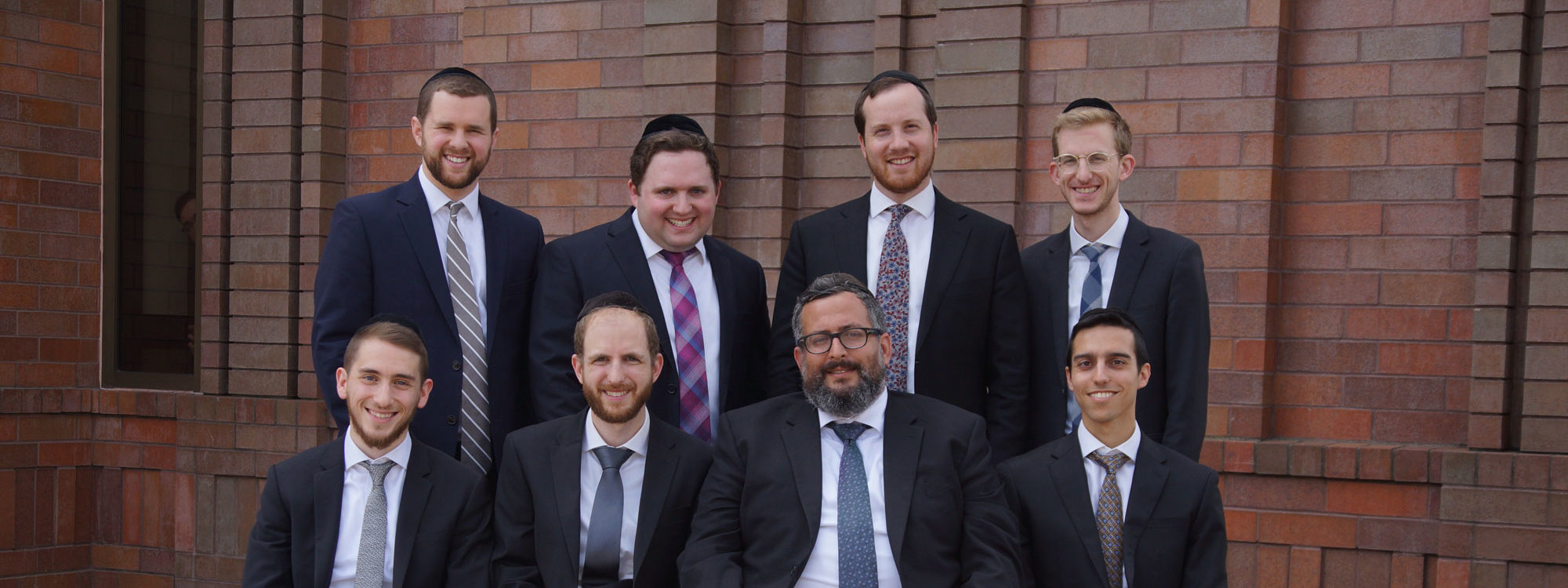Boca Raton Welcomes Full Time Kollel
This Elul, the rapidly-growing community of Boca Raton, Florida, will be welcoming a crucial institution to its Torah landscape: the Boca Raton Kollel.
The kollel will be spearheaded by its two Roshei Kollel, Rabbi Dovid May and Rabbi Nachman Luban, and will provide a full-time learning schedule for the kollel’s avreichim, while enriching the community through increased learning opportunities.
“Baruch Hashem, Boca Raton has a highly engaged community who value and prioritize learning, which is fueled and encouraged by the rabbinic and lay leadership. There is already significant enthusiasm for adding a kollel to further build Torah scholarship,” Rabbi May notes. Rabbi Luban adds, “We are fortunate to have so many community members who recognize the immeasurable effect of increased Torah learning.” Rabbi May has lived in South Florida for the past 12 years — in Boca Raton for the past seven of those — giving him firsthand knowledge of the community’s make-up and specific needs. His long-standing relationships with Boca residents, coupled with his extensive experience in community-building and developing Torah mosdos, has him confident that Boca’s time has come to actively embrace a kollel.
Rabbi May points out that Boca has multiple thriving shuls, day schools, Chabad centers, a growing mesivta and girls’ high school, and more, yet does not have a kollel. He anticipates, “The high level of Torah learning, the time spent learning, and the commitment of our kollel families will naturally energize us all.” The Boca Raton Kollel will employ the time-tested model of two full-time sedarim a day for the avreichim, who will also be available to community members through pre-Shacharis and night seder shiurim and chavrusa-learning. In addition, the beis medrash will be open during all sedarim for anyone who wants to come and learn in the kollel’s atmosphere. Women’s programming and a weekly extracurricular learning seder for high school boys will round out the kollel’s range of offerings.
“The Mishnah has taught us: ‘Marbeh Torah, marbeh chaim – the more Torah, the more life.’ The establishment of the kollel brings a new level of Torah study to our community, and with that, a horizon full of blessings beyond our imagination,” enthused Rabbi Eliyahu Rabovsky, Rabbi of the Young Israel of Boca Raton.
Rabbi Efrem Goldberg, senior Rabbi of the Boca Raton Synagogue, expressed similar sentiments, commenting, “We are very excited to welcome the new kollel and know it will complement and expand on the wonderful kol Torah that currently exists in our Boca Raton community.”
Rabbi Yaakov Gibber, Rabbi of the Boca Jewish Center, remarked, “[We] celebrate this extraordinary milestone in the furtherance of high-level Torah learning. I am confident that under the leadership of Rabbi Dovid May, the kollel will bring tremendous kvod Shamayim, and will be a great source of inspiration to all.”
The yungeleit hail from Yeshivas Chofetz Chaim, and Rabbi May consulted with the Roshei Yeshivah of Chofetz Chaim, as well as Rabbi Aaron Kotler and Rabbi Sroy Levitansky from Beth Medrash Govoha when forming the kollel. Rabbi Aaron Kotler, president of BMG, added, “Rav Dovid, with the support of Boca’s Rabbanim and community leaders, is now building a new kollel [that] will make Boca Raton even stronger as an irv’eim b’Yisrael — and as a place that will help ensure the kiyum of Klal Yisrael.”
“I have only been in Boca for one year, but I have seen the community grow exponentially in that short time,” noted Mr. Benjy Gluck, a father of a young family. “I believe it is the natural progression of growth for the Boca community to have a kollel where people of all ages and learning capabilities can come together to learn and grow in our avodas Hashem.”
Rabbi May summarizes, “Our priorities are two-fold: the growth in Torah and ruchniyus of our avreichim, and the addition of Torah learning opportunities in Boca. In contributing to the beautiful Torah infrastructure here, we want to further fortify the central place of Torah learning in our Jewish homes.”

